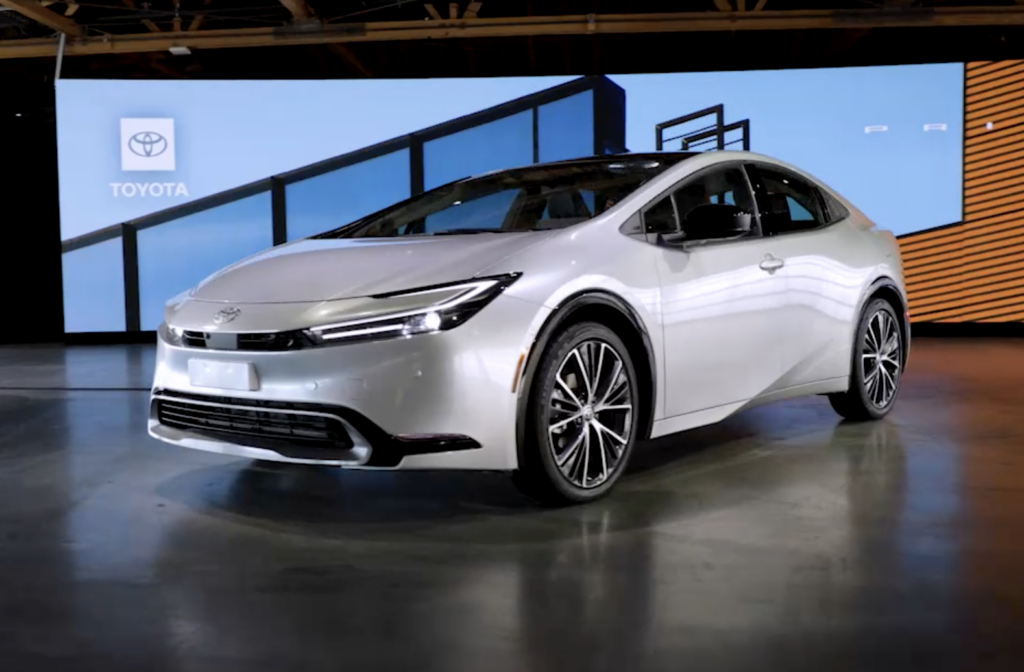Why You Should Think Twice Before Buying A Hybrid Car
Environmentalists are warning that hybrid cars, once touted as a more environmentally friendly option, are now more a part of the problem because they are taking focus away from transitioning to an all-electric future.
This article is more than 2 years old

In today’s world, we are all acutely aware of our planet’s climate change, and the main contributing factor is the human race’s dependence on burning fossil fuels to power all our means of transportation. When Toyota unveiled its Prius model vehicle 26 years ago, it was hailed by environmentalists as the beginning of a new era. Now there is a debate about whether these vehicles should be produced by auto companies at all.
When the Prius was first introduced, experts projected all vehicles would be produced using the hybrid blueprint. That blueprint is a gasoline-powered vehicle that also utilized an electric motor to reduce carbon emissions because the vehicle could switch to the electric motor and not use gasoline 100 percent of the vehicle’s traveling distance. The benefits are that the vehicle would reduce the volume of greenhouse gases being expunged into our atmosphere, which is great for our environment. The reward for the owners would be much better gas mileage which translated to savings at the gas pump.
A lot has changed over the past 26 years; however, the projections that the world would have converted 100% to all hybrid cars by now have not come to fruition. In fact, the same environmentalists that lauded the arrival of this type of vehicle are now pushing to have their production completely halted. The reason is that with the advent of all-electric vehicles producing those model vehicles should take all the priority.
EVs have many more environmental advantages, mainly, they don’t burn fossil fuels and have zero carbon emissions. According to NPR, “These advocates are concerned that all the money and engineering know-how invested into hybrids is money and know-how that’s not going into pure electric vehicles, slowing down the transition.” This point makes a lot of sense if we can build a mode of transportation that does not require gasoline whatsoever, then any time, energy, or money put into anything else is actually slowing the progress of transitioning over to EVs.
Hybrid cars received so much praise for being a solution to our environmental crisis when they were introduced and are now being viewed as a hindrance to the solution. In Europe, California, New York, and some other US states have already established legislation that by 2035, they will no longer allow the sale or production of gasoline-powered vehicles. This is forcing the expedience of the auto industry to produce EV-model vehicles in order to meet the demand for this transition.
Leading the debate on the other side of this argument is Toyota which revolutionized the auto industry when it introduced hybrid cars. They maintain a stance that hybrid cars have their place in our society and have been vocal about their doubts about EVs. As a result of that stance, the company has fallen far behind its industry rivals in the development and production of electric-style vehicles.
Toyota has appointed a new CEO who, early on, has indicated more interest in producing all-electric vehicles and is more open to it than his predecessor. But they still maintain the stance that hybrid cars should be a central component in humanity fighting climate change. It sounds more like Toyota is trying to protect its market share and the financial investments it made in being able to produce the hybrid-style car.
When shopping for your next vehicle, you will be faced with the three options to either purchase a vehicle that is polluting the atmosphere with every mile it drives, a vehicle that pollutes the atmosphere less with every mile it drives, or a vehicle that does not pollute the atmosphere with its use. And if we are transitioning to EVs as our future, then buying a hybrid car now makes you part of the problem and not part of the solution.




